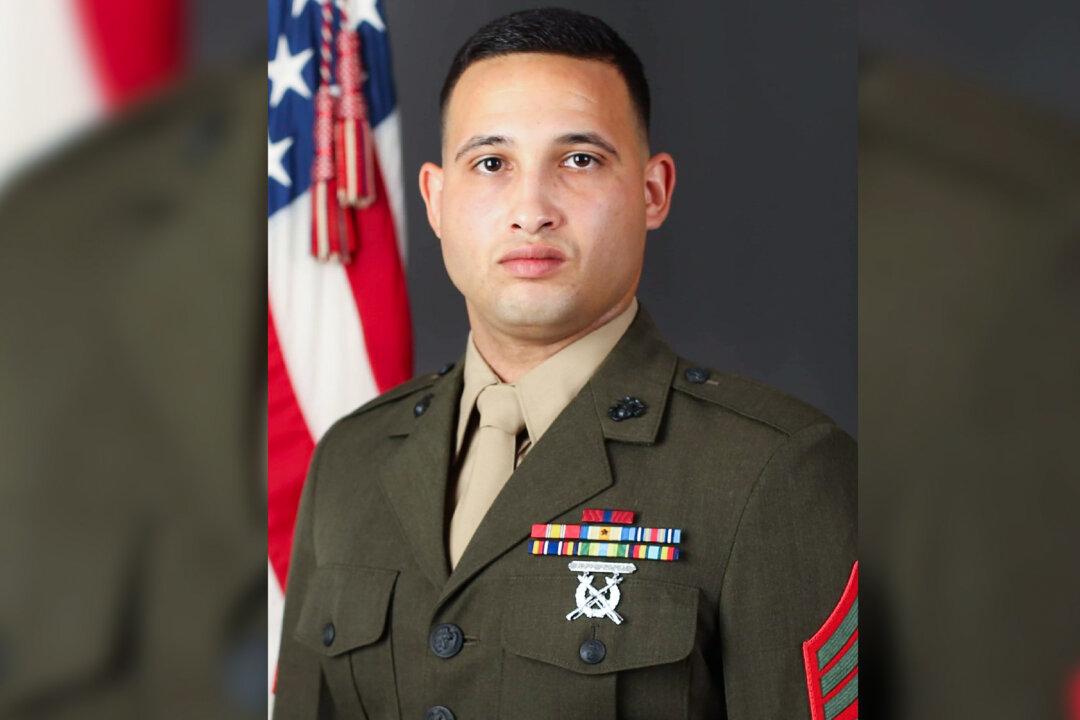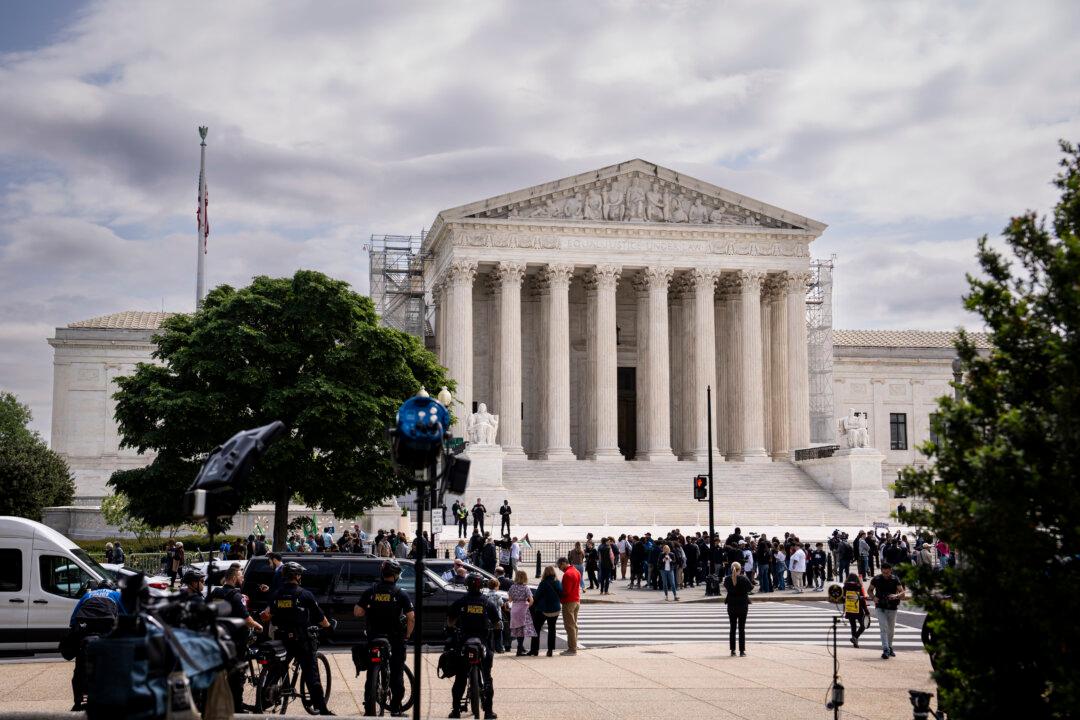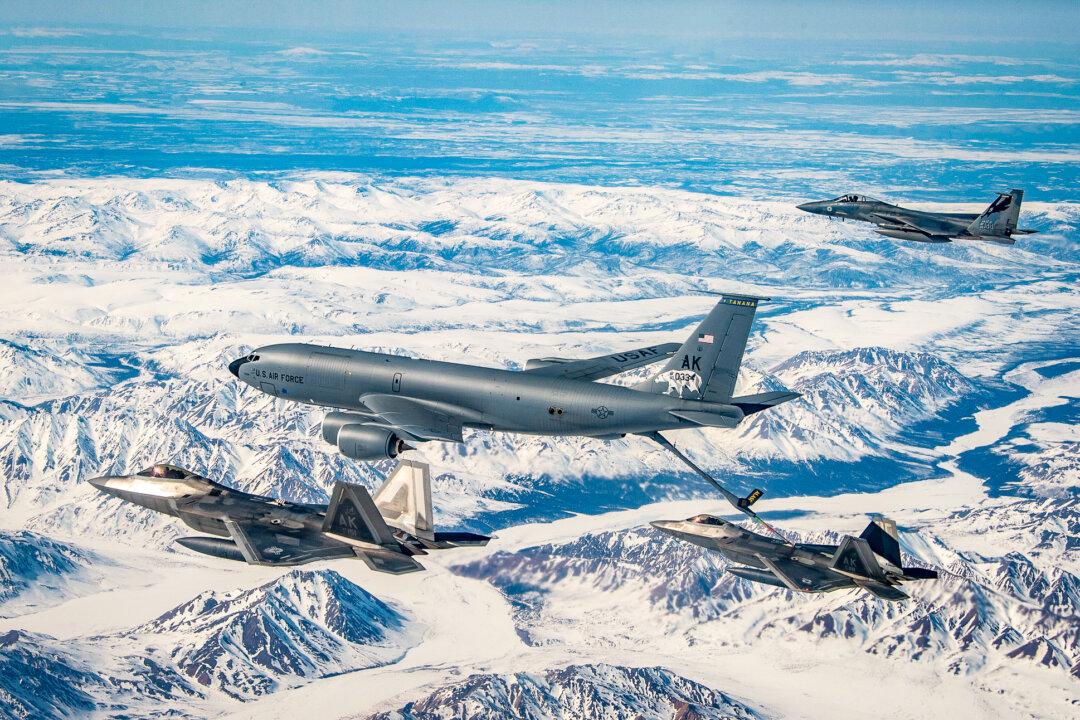This is part one of a two-part series.
Javier E. Ortiz wanted nothing more than to become a Marine. And after a humble beginning, he quickly devoted himself to the Corps. In return, he says he was stripped of his dignity and left to fight an uphill battle alone.




